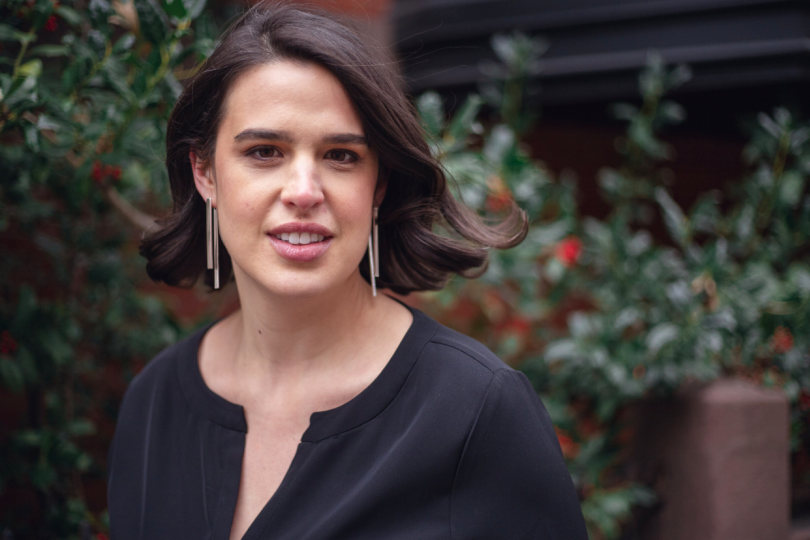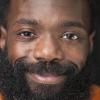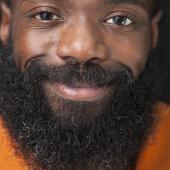Write On: an interview with Hannah Howard on Creative Discipline

My creative discipline series continues with bestselling author Hannah Howard. I met Hannah’s mother at a coffee shop in New Jersey while on a playwriting residency. She e-introduced Hannah and I because we are both “freelance writers” with something in common, an obvious penchant for wordplay, and Brooklyn. Hers is the fourth conversation in the series. In the interview we discuss her love for books, balancing motherhood and writing, and the “messy middle” of the creative process.
TS In a recent article I define Creative Discipline as the ability to complete a single project from idea to creation to development to production. However, it may also be defined as one’s creative practice e.g. cinematographer, dancer, or sculptor. How would you describe your creative discipline?
HH I’m a writer. I see my own Creative Discipline as taking life - people, places, questions, stories, beauty, grief, hopes, and dreams - and translating it all into words.
“I’ve always felt like books were incredible worlds where I could travel and stay.”
TS What determines your interest as a writer?
HH I’ve always felt like books were incredible worlds where I could travel and stay. I could leave my life for a few minutes (or hours!) and meet a whole new cast of characters, a different set of rules, a fresh culture or time or perspective or voice between the pages. A book is a new place for me to experience being a human in the world. It’s an invitation to an adventure. What’s better than that?
TS I concur. Growing up, I was buried in books! And I curated a blueprint for my career by studying the biography of older writers. What are three things you cannot create without? And why?
HH Coffee! I’m a mom of two young kids and sometimes my energy comes in caffeinated form. 2. I need a laptop (I cannot write fast enough to keep up with my brain, but I can type pretty fast!) and 3. some time, which is also at a premium as a mom. Bonus: to have slept the night before.
TS Walk me through your creative process? How do you create? Can you identify a routine?
HH I don’t really have a set routine. I can write in bed or at my office or in a coffee shop or on the porch. I can write for 10 minutes or…I was going to say 10 hours but that’s not true at all. I tend to have short bursts of focus and then need a break to have a walk/call a friend/listen to a podcast/scroll Instagram.
“I am fascinated by the stories that we are reluctant, embarrassed, or afraid to share.”
TS Where does your inspiration come from?
HH I am fascinated by people. Their motivations and messes, their brilliance and generosity, and their knack for getting in their own way. I am fascinated by the conflicting parts of ourselves. I am fascinated by the stories that we are reluctant, embarrassed, or afraid to share.
TS Fascination is really important. It really helps me complete a project. When do you know it’s time to abandon a project?
HH Sometimes it’s the world that abandons it! I wrote a book proposal about multilevel marketing before my son Julius was born. My agent got close to selling it but ultimately, it didn’t find a home. And yet, now two years later, the research and work I did for that project is morphing into a new project.
TS Have you ever returned to an abandoned project? If so, why?
HH Yes! Even beginnings and paragraphs that get abandoned serve a purpose. They are seeds. I save them in a document called “cutting room floor.”
TS Wow! I have that same document! At what stage in your creative process do you invite collaborators?
HH I love learning from and working with other artists at every turn. I love both teaching and taking writing classes, and other classes to learn new skills. I love being challenged to grow in new directions. I love projects that bring me to territory that I wouldn’t explore solo. Also, writing can be very solitary and occasionally lonely, so I love a chance to be in community.
TS How important is it for you to finish a project from start to finish?
HH It’s important! If it’s not finished, it’s still in process. I’m also trying to embrace the messy middle, which is hard.
TS I’m in the “messy middle” of life right now. What creative obstacles do you face? Personal or professional.
HH In this season of my life–I have an almost 2-year-old son and a three-and-a-half year old daughter–it’s time. Not just time, but energy. I’m trying to be a present mom, I’m trying to write things I love, I’m trying to make money for our family, and it’s all a bit of a hustle right now. I find creativity needs some breathing room, and I feel more like a hamster on a wheel than someone with breathing room (many days).
TS What tips do you have for creatives who may be facing their own creative challenges?
HH I think about how I’ll feel at the end of the week, or month, or year, or decade. I want to make future me proud. I want to pop a bottle of bubbly because I took the risk, I did the thing, I put the book or essay or story into the world. I want that for you, too.
TS Thank you! I want that for us! What projects are you currently working on and where can our readers follow and find your work? And/or What projects are you excited about?
HH I’m excited to write fiction, which is new, scary, and exciting writing territory for me. I’m excited to be teaching more classes for writers. Follow me on Instagram @hannahmhoward or on my website at hannahhoward.nyc
Hannah Howard is the author of the Amazon bestselling memoirs Feast: True Love in and out of the Kitchen and Plenty: A Memoir of Food and Family, and the Editor-in-Chief at Parent.com. Her writing has been featured in The Guardian, New York Magazine, Bon Appetit, Saveur, VICE, SELF, Wine Enthusiast, Thrillist, Time Out New York, Salon, and the Chicago Review of Books. She teaches writing classes and lives in Frenchtown, NJ with her family. Hannah loves stinky cheese.




